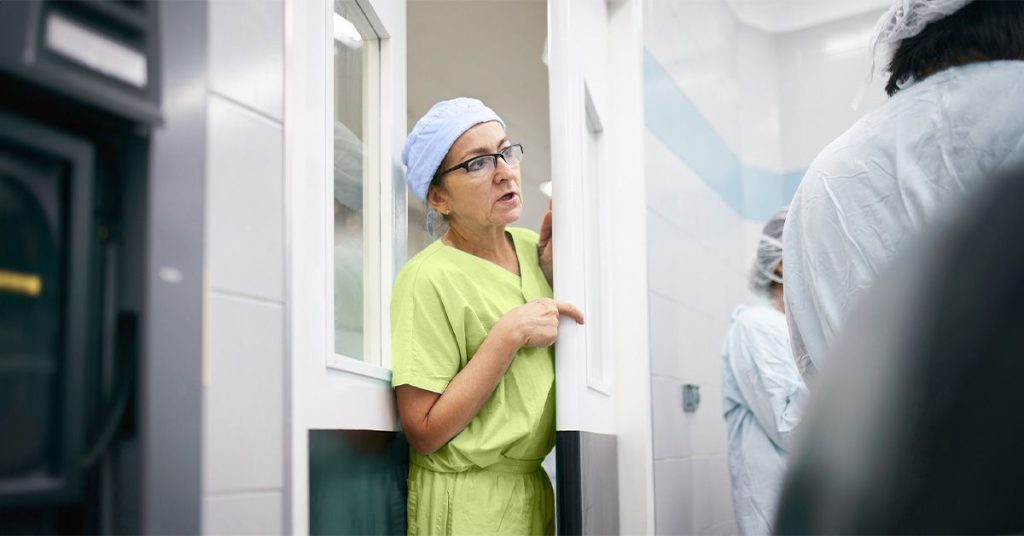Two studies presented at the American Society for Metabolic and Bariatric Surgery’s 2024 Annual Scientific Meeting have shown the significant benefits of weight loss surgery for people with prediabetes and type 2 diabetes. The first study focused on the impact of bariatric surgery on people with prediabetes and severe obesity. Researchers found that those who underwent surgery were 20 times less likely to develop type 2 diabetes over a 15-year period compared to those who did not have surgery. The study also found that participants who had surgery lost an average of 29% of their body weight at 12 months and 27% at 36 months. Additionally, less than 7% of those who had surgery progressed to diabetes within 15 years, compared to 68% of those who did not have surgery.
In the second study, researchers reported that individuals who had Roux-en-Y gastric bypass surgery for type 2 diabetes remained in remission for up to 15 years and were able to sustain their weight loss for at least 20 years. The study included 2,045 participants who had the surgery between 2001 and 2008, with remission rates for those with pre-operative diabetes being 54% at the three-year mark and 38% after 15 years. The researchers also noted that a peak weight loss of nearly 32% was achieved after 18 months, with weight loss stabilizing at 23% after 10 years and up to 20 years.
Weight loss surgery is an effective long-term treatment for type 2 diabetes and is underutilized, according to experts. Dr. Mir Ali, a bariatric surgeon, highlighted the long-term benefits of surgery, with remission rates lasting up to 15 years. However, only a small percentage of people who could benefit from surgery actually receive it due to insurance coverage requirements. Dr. Mitchell Roslin, chief of bariatric surgery at Northwell Lenox Hill Hospital, emphasized the importance of education about surgical options and noted that SADI-S or SIPS surgeries may be more effective for diabetes treatment compared to traditional bypass or sleeve surgeries.
Obesity affects a significant portion of the U.S. population and is associated with various health risks, including diabetes. Researchers stressed the importance of taking prediabetes seriously and seeking treatment to prevent progression to type 2 diabetes. Dr. Christine Ren-Fielding, chief of bariatric surgery at NYU Langone Health, emphasized the need for individuals with prediabetes to talk to their doctors about adjusting treatment strategies if current methods are not working effectively. Bariatric surgery has been shown to be a successful treatment option for individuals with obesity and prediabetes, leading to long-term weight loss and reduced risk of developing type 2 diabetes.
Overall, the studies presented at the conference demonstrated the significant impact of weight loss surgery on preventing and managing type 2 diabetes in individuals with prediabetes and severe obesity. The findings highlight the importance of considering surgical options for individuals who are struggling to manage their weight and blood sugar levels effectively. With remission rates lasting up to 15 years and sustained weight loss for over 20 years, bariatric surgery offers a promising long-term solution for individuals with type 2 diabetes and prediabetes. Further research and education about surgical options are needed to increase access to these effective treatments for individuals at risk of developing diabetes due to obesity.


